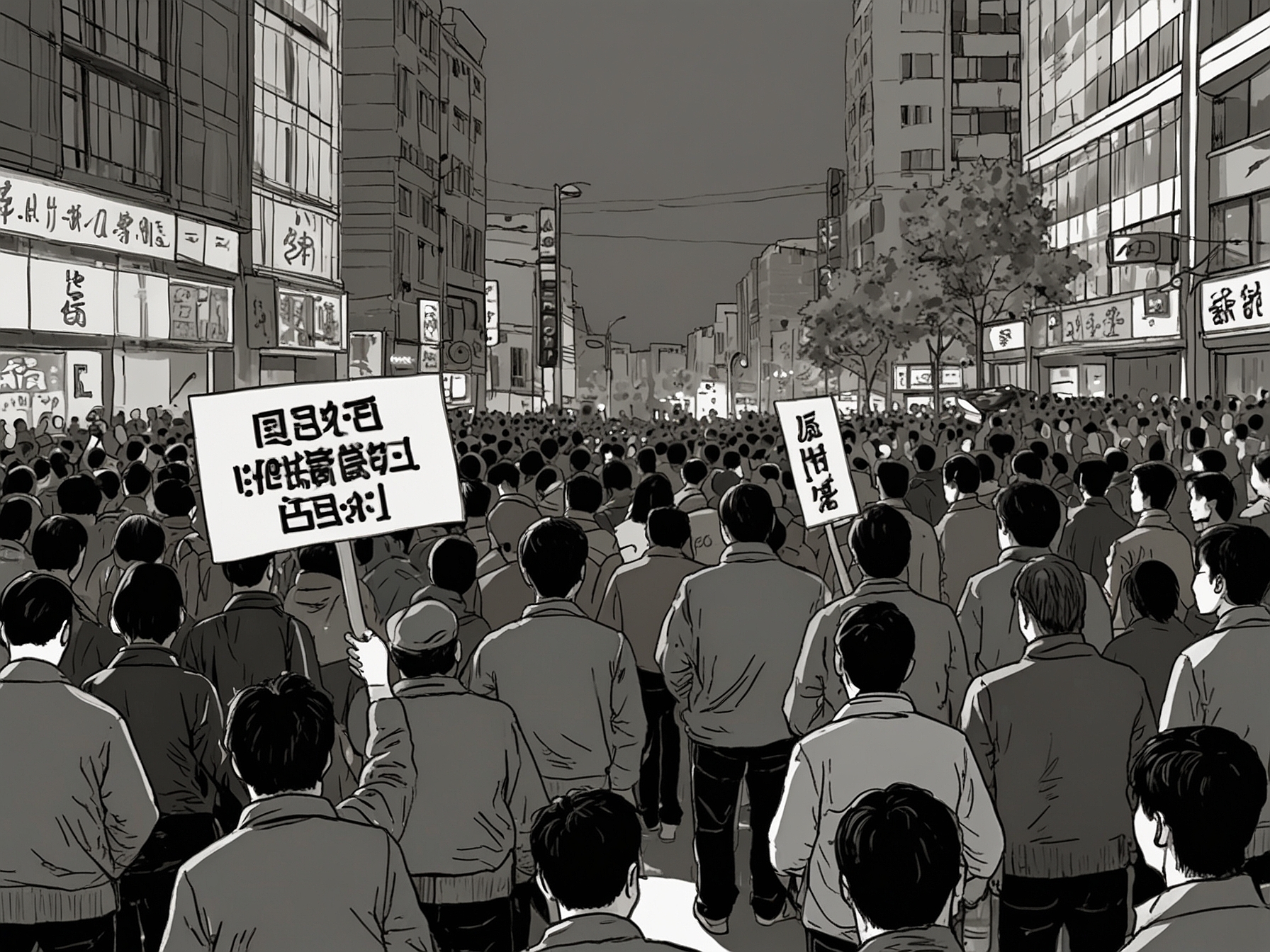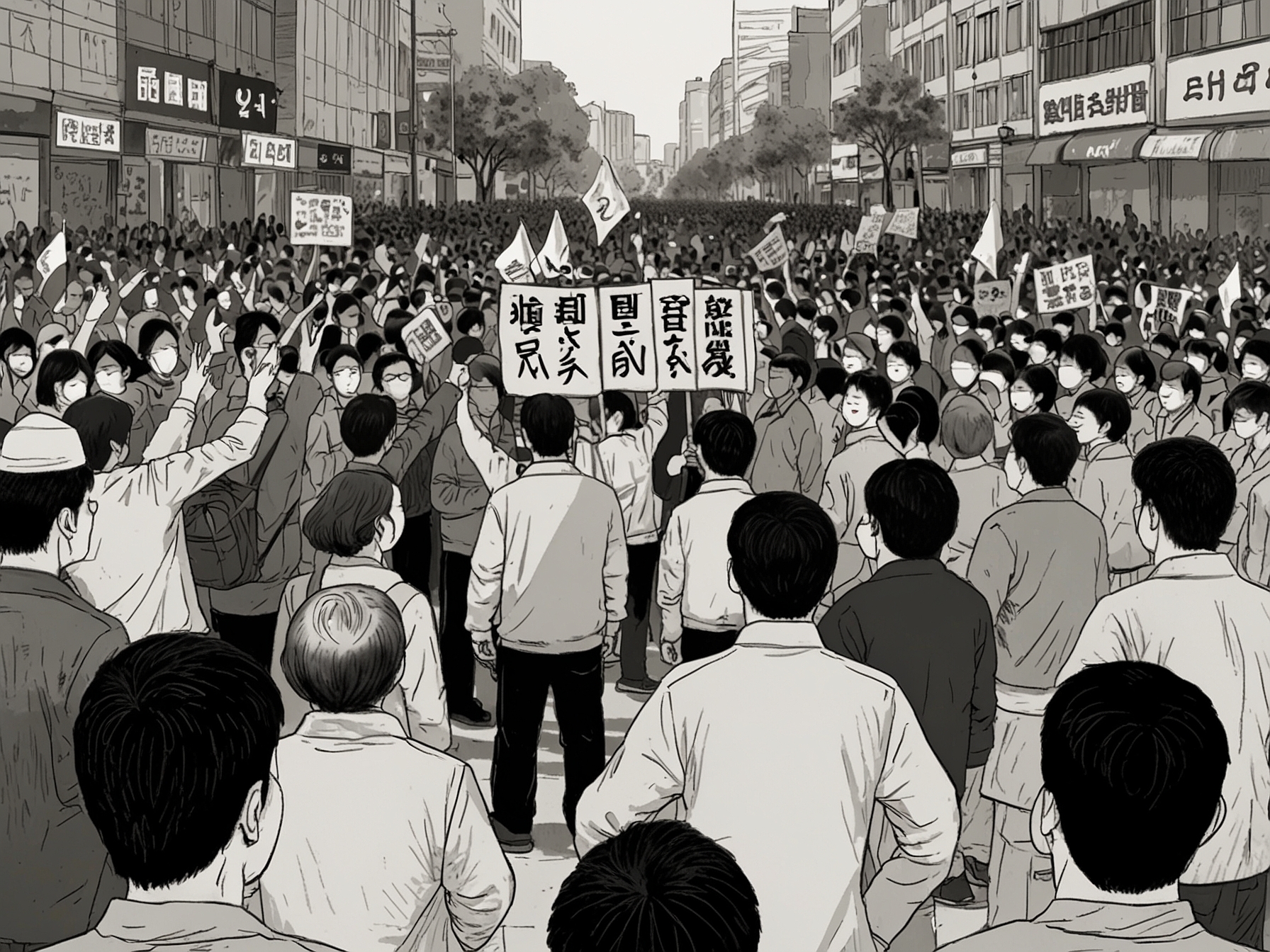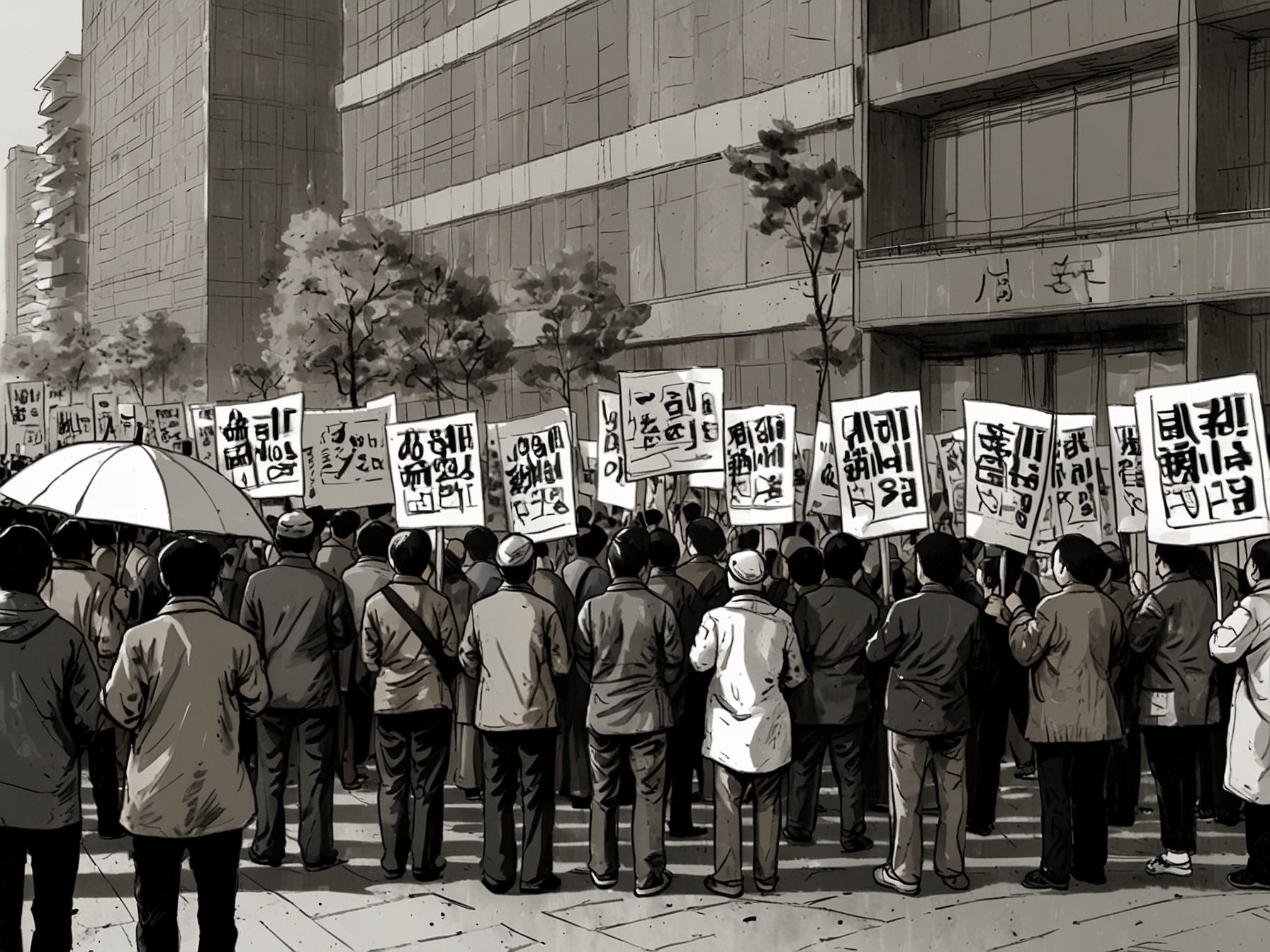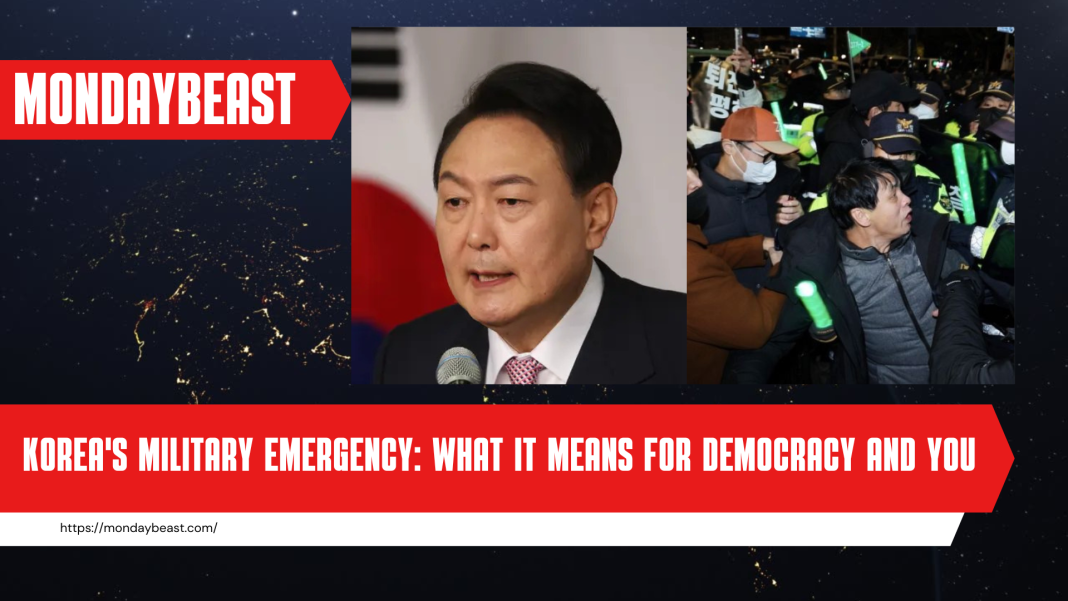KBRI Seoul, the Indonesian embassy in South Korea, has issued a warning to Indonesian citizens. They advise caution in light of the recent military emergency declared by President Yoon Suk Yeol on Tuesday night, December 3, 2024, local time. This unprecedented action has raised eyebrows in a nation known for its democratic values and resilience.
As the political temperature in South Korea shifts, what does a military emergency really mean? When Yoon announced the declaration, he accused the National Assembly of being an anti-state force. This is quite dramatic, especially in a country where democracy was hard-won. The implications are profound, and the timing could not be worse.

The midnight announcement was aired live on TV. Yoon’s words cut deep, describing dissenting legislators as ‘criminals’ who pose a threat to national security. He argued that they were not just hindering governance but also threatening the very fabric of democracy itself.
But, really, how often do we see such strong language from a sitting president? Less than six hours after the military decree, the tides began to turn. Under pressure from opposition parties, many of which hold significant sway in the National Assembly, Yoon backtracked.
It’s a display of political power and vulnerability that evokes feelings of disbelief. Was this a shrewd move or a desperate act? In the wake of the declaration, the atmosphere in Seoul became tense. Public meetings and political reporting faced heavy restrictions.

Doctors who had already gone on strike were urged to return to work. Why? Because in times of such chaos, the ruling powers often forget the people. It’s the citizens who pay the highest price.
An important question arises: what happens when the government declares a military emergency? According to South Korean law, this can occur during wartime or severe national turmoil. But the question is, does dissent qualify as such?
As Yoon’s authority falters, many citizens find themselves in a state of unrest. The Democratic Party was quick to act. They rallied members to overturn the emergency decree.

Outside the Assembly, military forces were on high alert. As members fought against the military’s advances, a desperate scene unfolded: a constitutional battle on the brink. Was it a systematic failure or an ill-conceived plan?
As Yoon’s supporters dwindled, the numbers swelled for the opposition. By midnight, a gathering of 150 lawmakers rejected the emergency powers unanimously. In the midst of chaos, a democratic victory seemed to emerge.
The sudden reversal of power left many hopeful yet wary. Was this a victory for democracy, or was it just a temporary reprieve? The military then withdrew, but the embers of public dissent continued to glow brightly.
Thousands took to the streets, echoing their calls for Yoon’s impeachment. As one protester stated, ‘What he claims about communism is just rhetoric. It doesn’t reflect reality!’ How does one grapple with such fervent convictions amid a climate of fear?
Emotions ran high as crowds chanted for the parliament to safeguard democracy. It leaves us to wonder: how fragile is democracy, really? A single decision can spark rage, disbelief, and ultimately, a fight for rights.
As history has shown in countless contexts, from the Arab Spring to Hong Kong’s protests, public sentiment can shift on a dime. In conclusion, South Korea stands at a crossroads. With military declarations viewed through the lens of authoritarianism, the world watches closely.
The coming days and weeks will be critical. For Indonesians in Korea, the embassy’s warning comes as a stark reminder that political instability can reach anyone, anywhere. We must reflect on what it means to stand up for democracy.
How should today’s citizens respond to threats from those in power? Maybe now is the time to have these critical discussions. Will the citizens of South Korea rally against complacency and remind the government of its responsibilities? We must keep watching.




